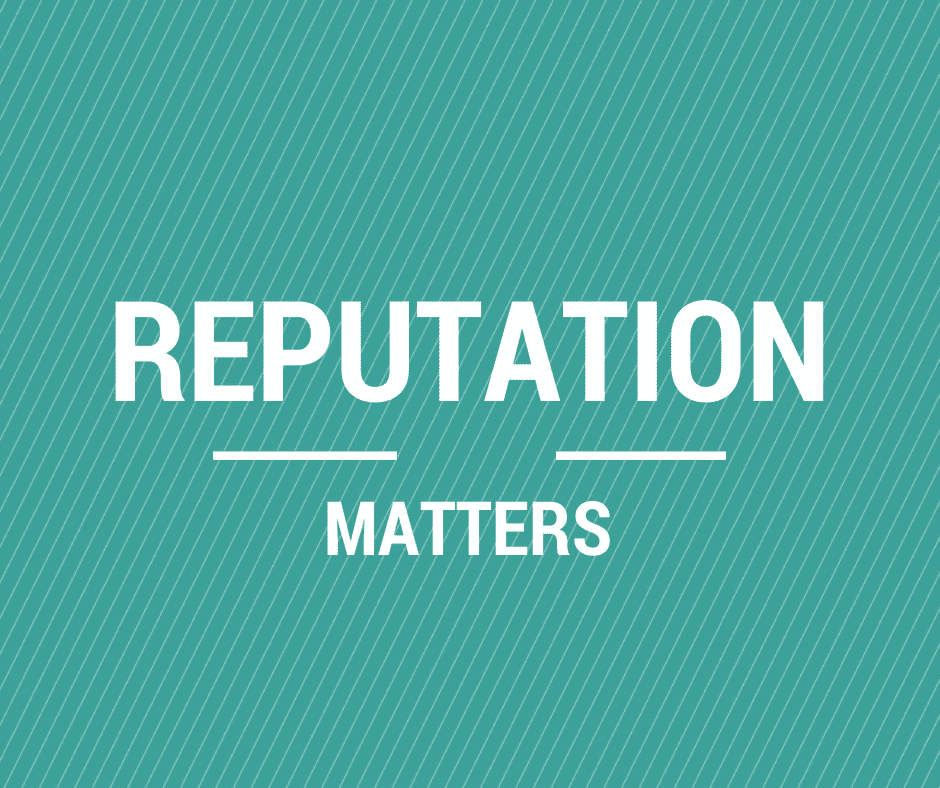Consumers often rely on the opinions of others when making decisions to purchase a certain car, go to a specific restaurant or, yes, visit a particular doctor.
According to Zendesk, a customer service software platform, 88 percent of consumers have been influenced by an online customer review when making their decision of who they’re going to give their business to.
That’s why getting positive online reviews on sites like Yelp, TripAdvisor, and Angie’s List is vital, particularly as it pertains to new customer (and patient!) acquisition.
From a public perspective, negative reviews can adversely impact your business!
While no one wants to get negative reviews, they sometimes happen. When they do, how should you, as a medical practitioner, respond?
Dealing with a Negative Review
If the number of patient reviews is large enough, any outlying negative review will be diluted by the others. That is one of the main reasons why you should be soliciting reviews from your patients regularly!
Still, there are some things a doctor might do in response to a negative review:
Learn from the review: Negative reviews offer doctors valuable feedback (no matter how poorly expressed), including feedback that patients are too afraid to tell their doctors directly. Doctors should try to overcome their emotional reactions to a negative review and think objectively whether the patient might have a point–and if so, how the doctor will improve his/her services. This may include non-medical elements of the practice; billing, customer service, wait times, parking etc.
Respond privately: If a doctor runs into an incredibly unhappy patient, it is worth trying to reach out to the patient privately – although not all patient reviews are attributed, so this isn’t always possible. Doctors should show sincerity, sympathy and contrition. When done properly, as with other businesses, doctors frequently can turn their worst critic into one of their most loyal allies.
Respond publicly only if appropriate (& allowed): Often, a doctor’s happy & loyal patients rush to the defense of a doctor under attack and independently rebut a negative review. If a doctor’s patients are generally satisfied, the doctor can trust them to correct misinformation and will not have to fight the battle himself.
Where a review criticizes a doctor’s medical advice, the doctor can’t respond with specifics about the patient’s circumstances (due to privacy laws), but the doctor can describe his/her standard protocols under specified conditions.
If the negative feedback is accurate, the doctor might apologize in public and explain how he or she will work to avoid the problem in the future – particularly if it is an office or logistical function of the practice as versus medical.
Patients don’t expect a practice to be perfect, but they do expect doctors to care about, and learn from, their mistakes – more so than the average business. Owning up to a mistake helps prospective patients trust their practice even more!
Get More Positive Reviews & Silence the Internet Trolls!
Contact BARQAR today to schedule a free demo of our software that will help you do just that!!



